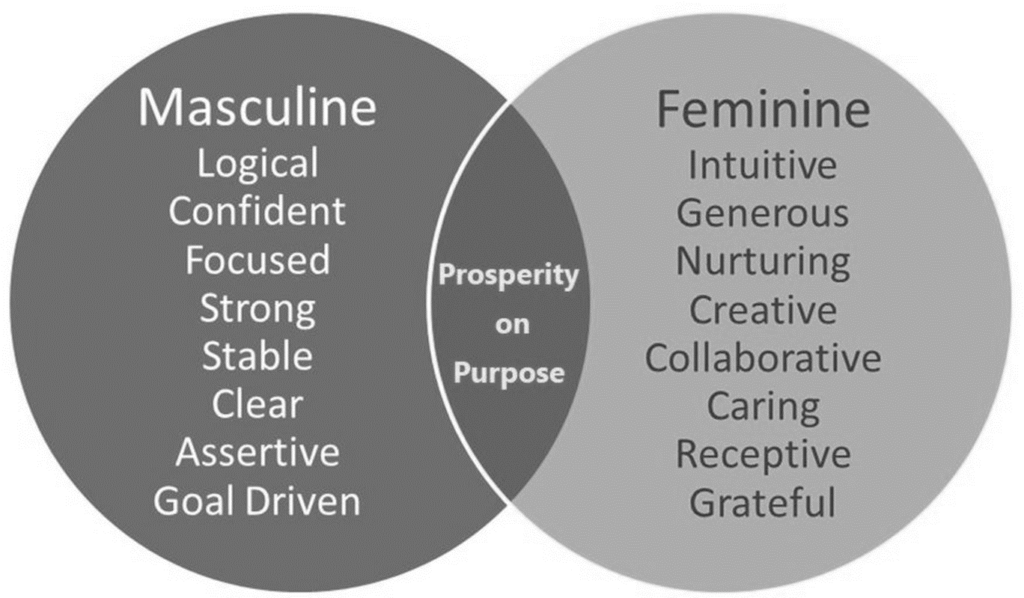Feminity vs Masculinity
The themes of ‘Feminity and Masculinity’ are a binary opposite – a pair of related terms or concepts that are opposite in meaning.
The views, opinions, and notions of femininity and masculinity are, in my opinion, being questioned and transformed as new generations are born, as individuals are being provided and given more freedom to find who they are and how they prefer to portray themselves. forming diverse conceptions of femininity and masculinity.
Masculinities and femininities refer to the social roles, behaviours, and meanings prescribed for men and women in any society at any time. Such normative gender ideologies must be distinguished from biological ‘sex,’ and must be understood to be plural as there is no single definition for all men and all women.
The degree to which society values assertiveness and achievement is referred to as masculinity. Contrarily, femininity refers to how society values quality-of-life problems like assisting others, forming strong social bonds, and advocating for the underprivileged. In other words, society still acknowledges a divide in values between men and women. In communities that are predominately masculine, this component is typically seen as forbidden.

Identity Politics
The term “identity politics” refers to a political strategy in which members of a particular religion, race, social class, or other identifying factor form exclusive socio-political alliances, eschewing coalitional politics in favor of supporting and adhering to political movements that share a similar identifying characteristic. Its goal is to center and promote certain groups’ objectives, projects, and concerns in light of particular social and political changes.
Identity can be influenced by many factors, including one’s environment, upbringing, and sense of belonging. For example, gender identity can be shaped by societal expectations and cultural norms, while cultural identity can be influenced by one’s upbringing and heritage. Social identity can be impacted by the groups and communities one belongs to, while geographical identity can be shaped by one’s connection to a particular place or region. Political identity can be influenced by one’s beliefs and values, while lack of or loss of identity can result from trauma or displacement. Stereotypes and prejudices can also impact how individuals perceive themselves and are perceived by others, which can shape their identity.
The Combahee River Collective, a Black feminist lesbian socialist group active in Boston from 1974 to 1980, coined the phrase in 1977. During the early 1980s, it was widely used, and over the years, depending on the context, it has been used in a variety of situations with drastically varied connotations. It has gained popularity along with the rise of social action, appearing in a number of conversations among the feminist, LGBT, and American civil rights movements, as well as disability organizations, several nationalist, and postcolonial groups, such as the Black Lives Matter movement.
